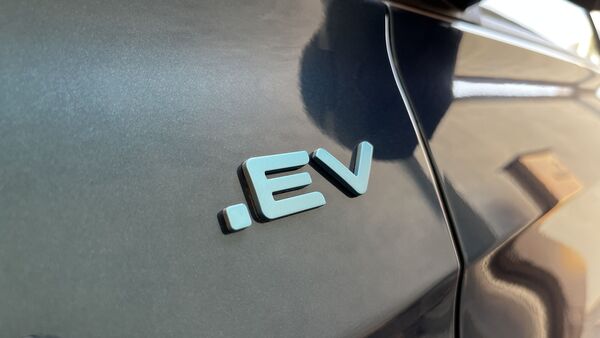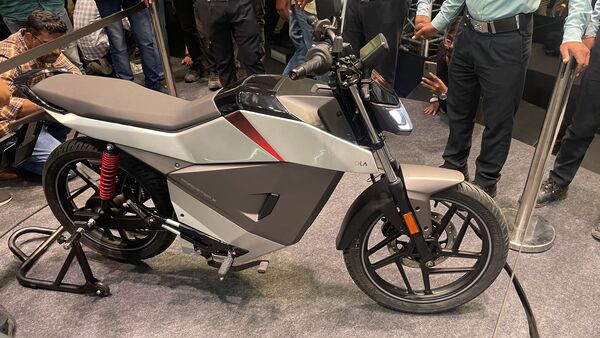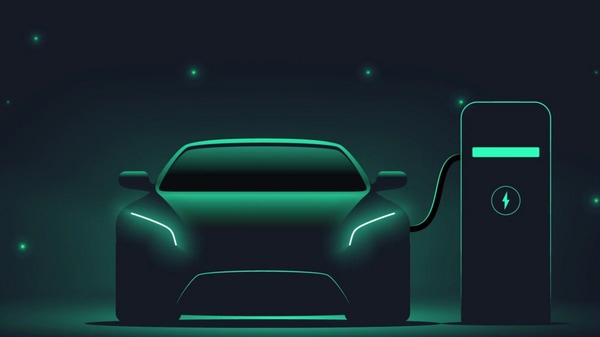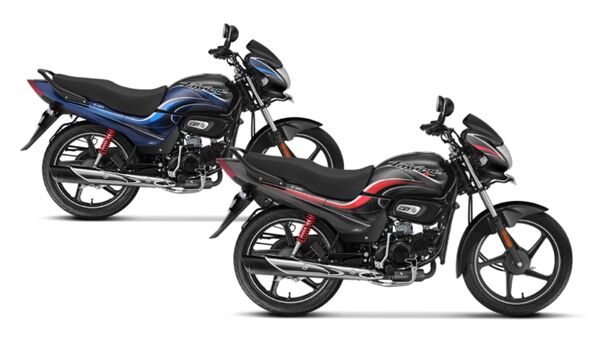
EV sales dip, but minister Kumaraswamy stays bullish. Here’s why
9 months ago | 82 Views
India's electric vehicle (EV) industry is experiencing a period of both promise and challenge. While sales surged 155 per cent in FY23, reaching 11.7 lakh units, a recent slowdown has cast a shadow on the immediate future. However, industry experts, including the newly appointed Union Minister for Heavy Industries, HD Kumaraswamy, remain optimistic about the long-term potential of EVs in India.
During a recent SIAM conference, Minister Kumaraswamy emphasised the transformative potential of EVs, aligning with India's goals of net-zero emissions by 2070 and achieving sustainable development by 2030. He views the shift towards EVs as a global revolution that will redefine the relationship between industry and skilled workforce. India, as a major automotive player, stands to benefit significantly from embracing e-mobility, fostering economic growth, environmental sustainability, and enhanced energy security.
Factors driving future growth
The Indian EV industry is poised for significant growth driven by several factors. Technological advancements in batteries, electronics and motors will make EVs more attractive with improved performance and lower costs, the minister stated. He further added that the consumers are becoming increasingly aware of the environmental benefits of EVs, leading to higher demand.
Moreover, the government is playing a key role with initiatives like FAME and the new EMPS scheme offering financial support, promoting green urban transport, and allocating funds to boost domestic manufacturing. This focus on local production aligns with the Atmanirbhar Bharat push, creating jobs and strengthening the entire EV ecosystem in India.
The need for skill enhancement
A crucial aspect of India's EV success hinges on developing a skilled workforce. The rapid advancements in EV technology necessitate continuous skill development to meet the evolving industry needs. The government, in collaboration with industry bodies like SIAM and ACMA, is working on the Automotive Mission Plan 2024-2047 to address these skill gaps. Additionally, partnerships with institutes like ASDC are fostering the creation and standardisation of new job roles specific to the EV sector.
Minister Kumaraswamy emphasises the importance of collaboration between the government, industry, and educational institutions. Investing in training and upskilling programs will prepare India's workforce to tackle the challenges and opportunities presented by the EV revolution, ensuring the country remains at the forefront of this global shift.
While India's EV industry faces a temporary slowdown, the long-term outlook remains bright. Continued technological advancements, rising consumer awareness, supportive government policies, and a focus on skill development will all be crucial in propelling India towards a future powered by electric mobility.
Read Also: bajaj auto hopes domestic two-wheeler sales to reach pre-covid level by q1 fy26
#




















